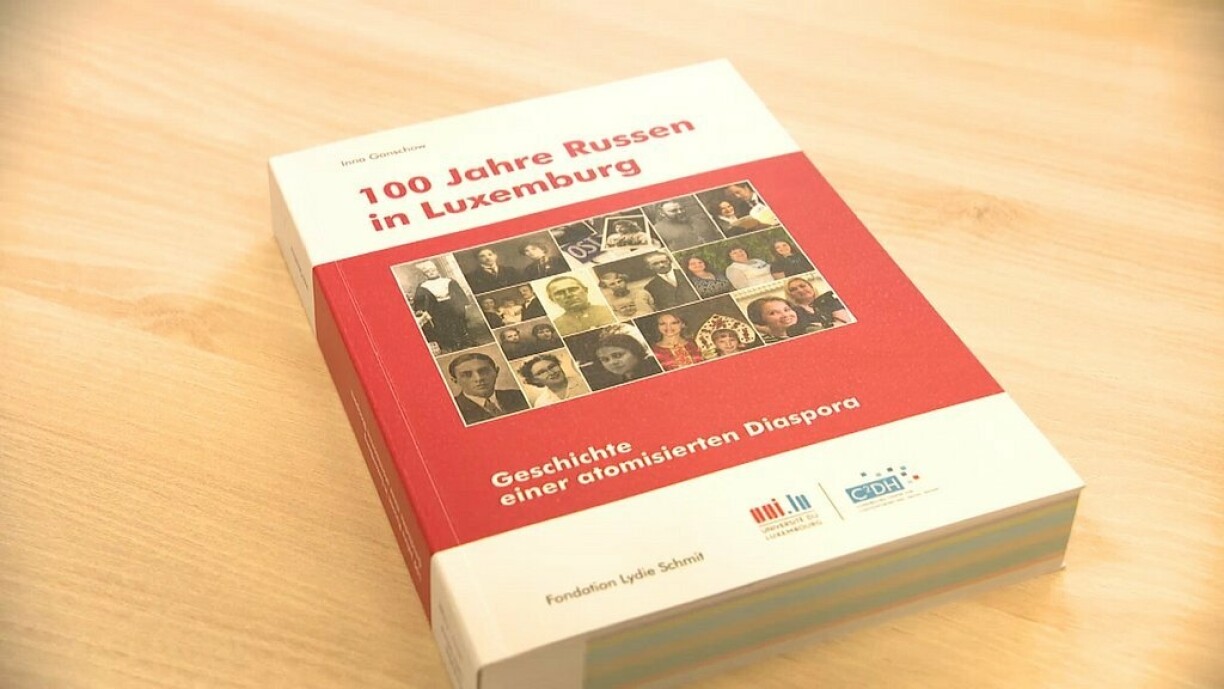
How does the Russian community in Luxembourg feel about the Russian invasion of Ukraine?
It turns out this is not so easy to figure out, if only because the war seens to have fractured the Russian-speaking community in the country.
Inna Ganschow researches migration at the C2DH of Uni.lu. She studies the Russian-speaking community in Luxembourg, whose members come from a wide variety of countries who historically were part of Russie or the Soviet Union.
“If we look at the Russian-speaking communities in Luxembourg, France, Germany, we see a reflection of Russia. This is a multi-ethnic community which may speak the same language, but doesn’t necessarily - in some cases not at all - identify with the current state of Russia.”
There were rifts from the starts, depending on where people came from. After Russia’s annexation of Crimea in 2014, these rifts deepened, including in Luxembourg, says Ganschow.
These days it is difficult to find people of Russian origin in Luxembourg who are prepared to talk about the situation in Ukraine on camera. Even if they are against the war.
Inna Ganschow says this is a break in identity that must be processed. “Modern Russians grew up with the understanding that they vanquished Nazism during World War 2, that they are a country that liberated Europe from Nazism. [...] That they are now quite the opposite, that they are someone invading a neighbouring country, that is hard for them to process.”
Some of them will also likely have concerns about the potential consequences of criticising Russia if they ever travel home. On the other hand, pro-Russian statements or not distancing yourself from the war is seen critically here in Luxembourg, says Ganschow, adding that she has heard of threats against Russians in recent days.
“Some have been getting threats. There have been flyers thrown in mailboxes. There are comments on the Internet. And you hear about aggression in schools, too, kids spitting on other kids.”
Grief and resistance - Inna Ganschow expresses her inner state of mind through the black clothes she now wears. The researcher was born in the Soviet Union and moved to the West in the 90es with her family. For her, 24 February was a black day in Russian history.